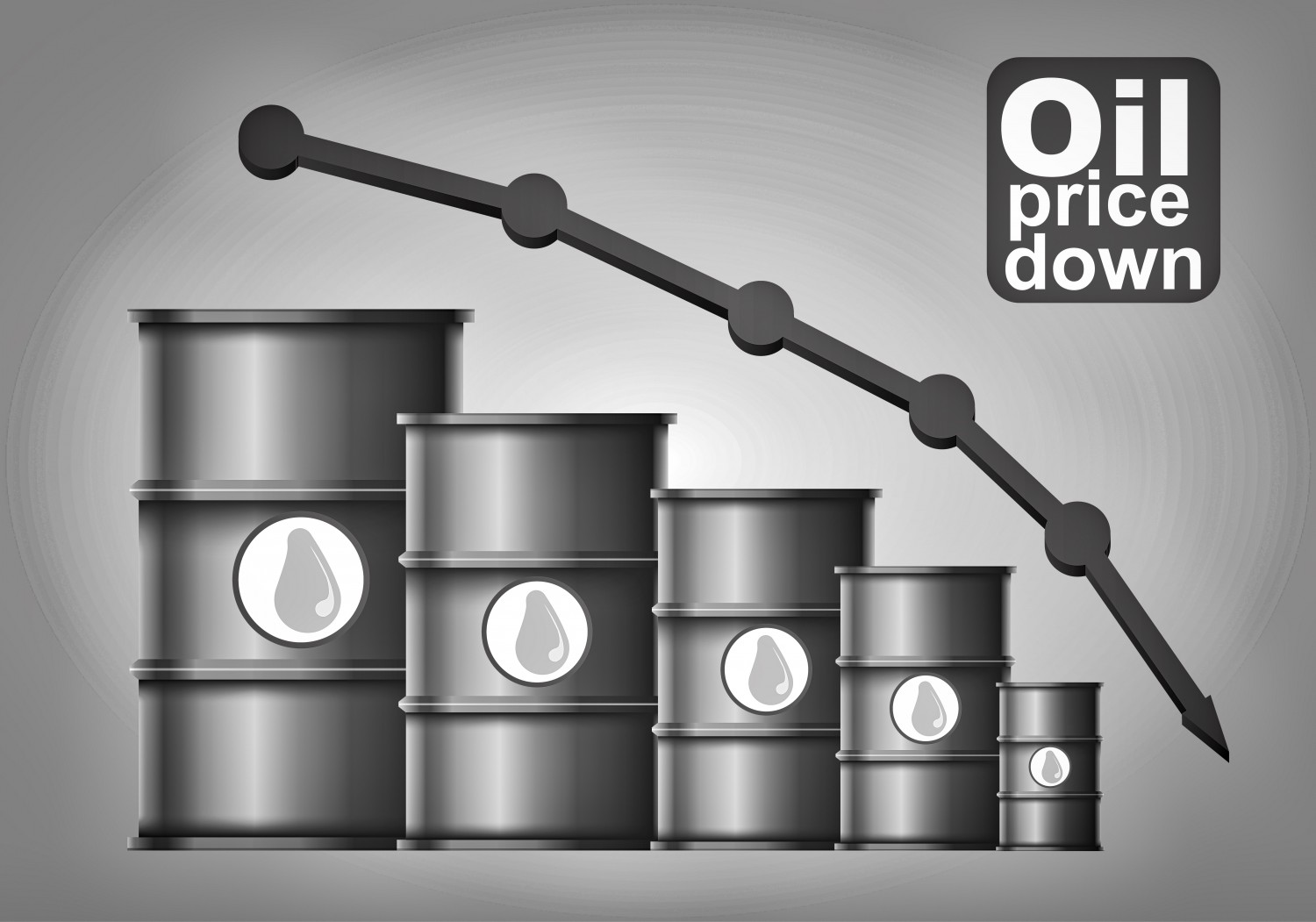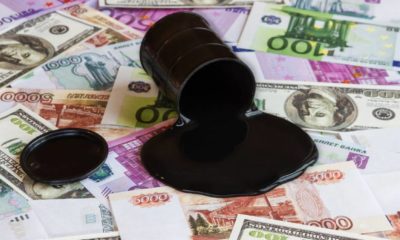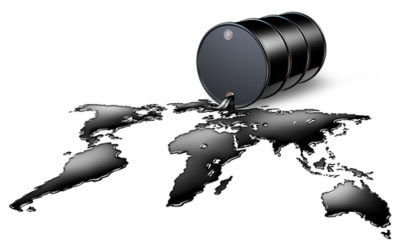Commodities
Who’s on a High When Oil Prices Fall?

When oil prices fall, motorists are on a high. However, this is not necessarily the case for everyone.
Low Blows
Oil companies are definitely not ecstatic over the current market situation, wherein a global oversupply or oil glut has already driven fuel prices to historic lows.
Industry analysts point out that the price of a barrel of oil has fallen more than 70 percent since June 2014. Clifford Krauss — national business correspondent for The New York Times — noted, “The cost of a barrel of oil has already sunk this year to levels not seen since 2003.”
Oil prices have hovered between $38 to $39 per barrel in the latter half of March. This is a significantly lower price range compared to the $90 to $100 per barrel pricing that was the norm over the last decade.
Drop Cause
So what's causing oil prices to slip? There are four big factors that have led to the oil glut scenario. They are the following:
1. More countries are pumping out oil. Krauss noted that “United States domestic oil production has nearly doubled over the last several years, pushing out oil imports that need to find another home.” The U.S. domestic stockpiles are at their highest level in more than 80 years. As such, he said, “Saudi, Nigerian, and Algerian oil that once was sold in the United States is suddenly competing for Asian markets, and the producers are forced to drop prices.” Iran's return to the international oil market and Russia's continuing production has also contributed to the glut. In fact, Jonathan Barratt of Ayers Alliance in Sydney observed: “The likes of Russia and the likes of Iran… are cutting deals left right and centre just to get cash flow.” Bottomline: The oil market is flooded and everyone is swimming in it.
2. The world economy is weak. The economic downturn in China and the rest of the world in general have resulted in decreased demands for oil.
3. Motorists are going green. The trend in the motoring world right now is all about fuel-efficiency and so-called green innovations that seek to limit consumption. Naturally, there will be less demand for oil.
4. The energy sector is going for renewables. “As the markets for oil and coal continue to lose value, high-growth opportunities in the renewable energy sector will continue to gain interest,” wrote Philip Killeen on GreenBiz. Disillusioned investors in the conventional energy sector are now drawn to the profitability of renewables. They're encouraged by research such as the one Bloomberg New Energy Finance presented at the 2016 United Nations Investor Summit on Climate Risk in January. The study had suggested that “renewable-based generation planned during the Paris talks presents a $12.1 trillion investment opportunity for private investors through 2040.”
The Biggest Losers
The effects of the oil price drop is evident.
The federal government is losing millions in revenue, as oil companies are now planning to hold back on production. “Just 30 companies showed up for a government auction of offshore oil and gas leases (in March 23 this year), plunking down $156 million in high bids for once-coveted territory in the central Gulf of Mexico. When the same auction was held three years ago against the backdrop of $92-per-barrel oil, the government’s take was nearly eight times larger: $1.2 billion,” reported Jennifer A. Dlouhy on Bloomberg.
Aside from the U.S., oil companies in other countries undertaking high-cost projects involving drilling in deep water or in the Arctic may have to downsize or temporarily freeze their operations. Companies who have borrowed heavily to finance their oil drilling operations are now in financial trouble.
[seabridge]
Even rich countries such as Saudi Arabia and its Persian Gulf allies may suffer a loss of — as the International Monetary Fund estimated — about $300 billion this year because of the oil glut.
Seeking International Intervention
With oil prices not expected to increase any more, Venezuela, Ecuador, Iran, and Algeria have all sought help from the Organization of the Petroleum Exporting Countries (OPEC). They want OPEC's member-countries to cut production to firm up prices. Indeed, on February 16, OPEC members Saudi Arabia, Venezuela, and Qatar, along with Russia, presented a plan to freeze output at current levels.
They are hopeful that things will be resolved in the April 17 meeting in Doha where OPEC and other major suppliers are expected to discuss the stipulations of the output freeze, which is aimed at bolstering prices.
Some analysts and traders, though, are not putting much faith in the OPEC's intervention. With global inventories still getting beefed up, they feel that the the meeting is unlikely to do much to give oil prices a boost.
There have also been observations that Saudi Arabia, which is tagged as the de facto leader of OPEC, will let oil prices fall so high-cost producers will be out of business. Krauss highlighted the fact that Saudi Arabia “has avoided trying to manage the market through cuts, or even talking of them” and has instead “continued to ramp up production, even as prices dropped sharply.”
Still, all hope is not lost.
In an Investment Week feature, Jonathan Waghorn, co-manager of the Guinness Global Energy Fund, has predicted that oild prices may stabilize later this year. “Supply and demand convergence is coming and, all things being equal, demand will outpace supply in the second half of 2016. With little spare oil production capacity in the world at that time, the global oil inventory overhang will get worked off and oil prices will have to be stronger to incentivise investment in new production,” he said.
Waghorn based his optimistic prediction on the expected refinery downtime in the U.S. in the third quarter and the OPEC's commitment to a production freeze.















